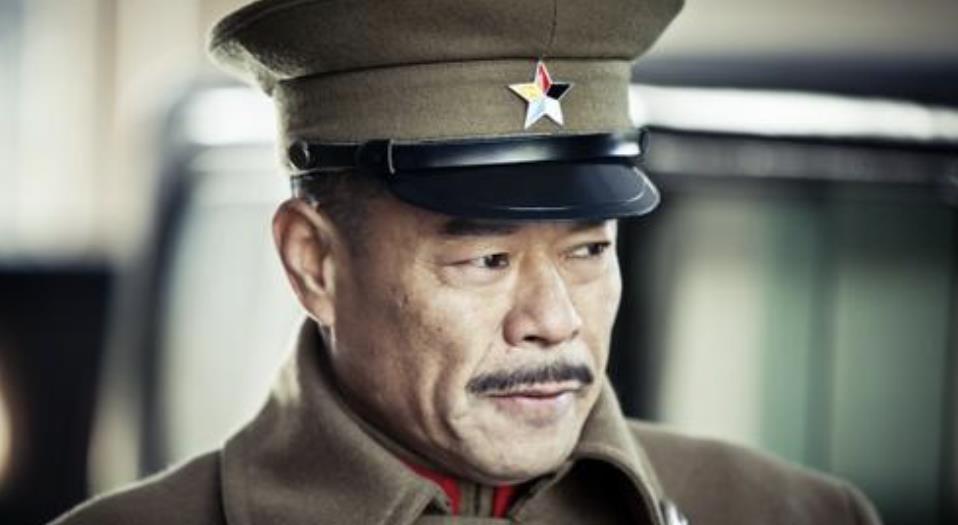On November 23, 1925, Guo Songling, who was a general of the Fengzhi Clan, sent a telegram to the whole country and officially announced his defection, and the subordinate unit was renamed the Northeast Nationalist Army to break away from the Feng Clan and launch a fierce attack on the Feng Clan army. This war was the most extensive and influential battle in the northeast since the Xinhai Revolution, and this war directly overthrew Zhang Zuolin's rule over the northeast, and all sectors of society also caused huge fluctuations.

In the Second Wind War, Guo Songling led his troops to touch Qinhuangdao from ShimenZhai, causing the Zhi army to collapse, capturing more than 30,000 rifles, more than 2,000 machine guns, and more than 200 cannons, and even reorganized the captured Zhi army into four brigades and twelve regiments, greatly increasing its strength. Although Guo Songling made great contributions to the Feng army, at the front, he withdrew his troops due to gambling, completely ignoring the scorching war situation and almost missing a major event.
In the face of Guo Songling's mistake, Zhang Zuolin did not criticize too much, after all, the merits he made can be completely compensated. However, after this war, due to the growth of various units in the Zhifeng War, Zhang Zuolin ordered restrictions on the integration of various units in order to better control the troops, who knew that Zhang Zuolin's order caused Guo Songling's strong dissatisfaction.
Not only that, after the end of the Second Zhifeng War, the forces of the Feng army had also reached the Yangtze River, and in the face of Guo Songling, who had made great contributions in this war, guo Songling had already regarded the position of the Anhui overseer as a bag, and began to send troops to garrison Anhui, and even sent quartermaster generals to begin to prepare to investigate the tax situation in various parts of Anhui. Just when Guo Songling was happy with himself, Zhang Zuolin's order had also been issued, and Anhui, which he thought he had the right to win, was given to Jiang Dengxuan.
However, he himself did not fish for anything, and guo Songling was once again dissatisfied with the distribution this time. In the eyes of ordinary people, this may be nothing, but according to Guo Songling's temperament, it is also expected that he is arrogant and arrogant, and has strong ambitions, not only looks down on his superiors but also looks down on his colleagues, and does not correct his positioning in the slightest for his own self-confidence in power, and he is also a person who likes to do things very much.
Although he had a certain talent in fighting, he was very bad in interpersonal relations at that time. Zhang Zuolin's several actions could not satisfy Guo Songling's ambitions, and Guo Songling also thought that he had the ability to replace the entire Fengjun, so from October 1925, Guo Songling had quietly made a calculation behind his back. On October 24, Guo Songling returned to Fengtian from Japan and was entrusted by Zhang Xueliang to reorganize the Third Front Army to attack Feng Yuxiang of the Northwest Army.
Guo Songling took this opportunity to replace all the officers of the Third Front Army with his own, and secretly began to contact Feng Yuxiang and Li Jinglin, and the three of them jointly allied against Feng Jun. At this time, Guo Songling held the strongest army among the Warlords of the Feng clan in his hands, although the number was small, but the combat effectiveness could not be underestimated. Although Zhang Zuolin had 400,000 troops in his hands, he could not make sufficient preparations in the face of Guo Songling's sudden counterattack, so he was defeated and retreated in the first battle.
However, with the lesson of the first failure, the old gangster chose the psychological tactic of directly attacking people's hearts, which made Guo Songling's army scattered, which also made his subordinates, who had been following Zhang Zuolin, realize that their rebellious behavior gradually retreated. Under Zhang Zuolin's blow to the soul, and under the intervention of the Japanese army, the three-party alliance of Guo, Feng, and Lin had different views on interests, which completely disintegrated the already shaky alliance. On December 24 of the same year, Guo Songling, who was fighting alone, was finally defeated and killed.